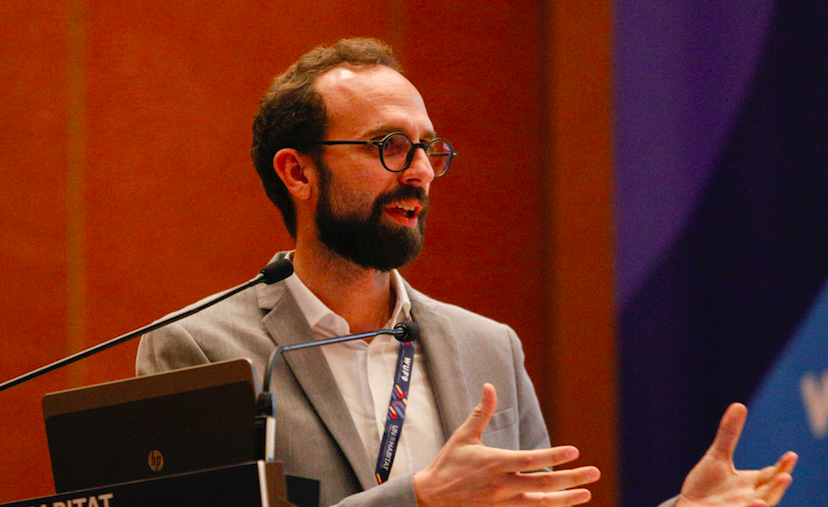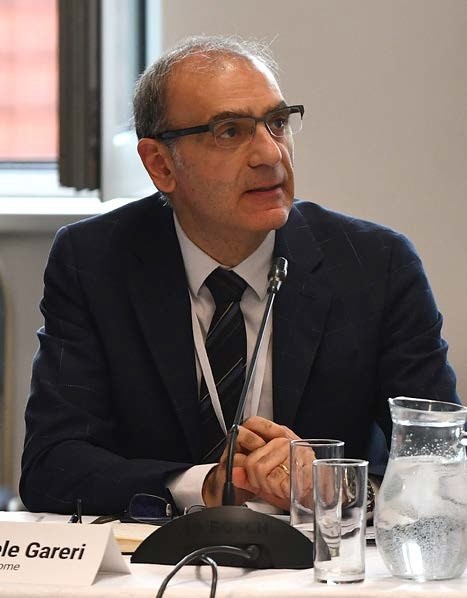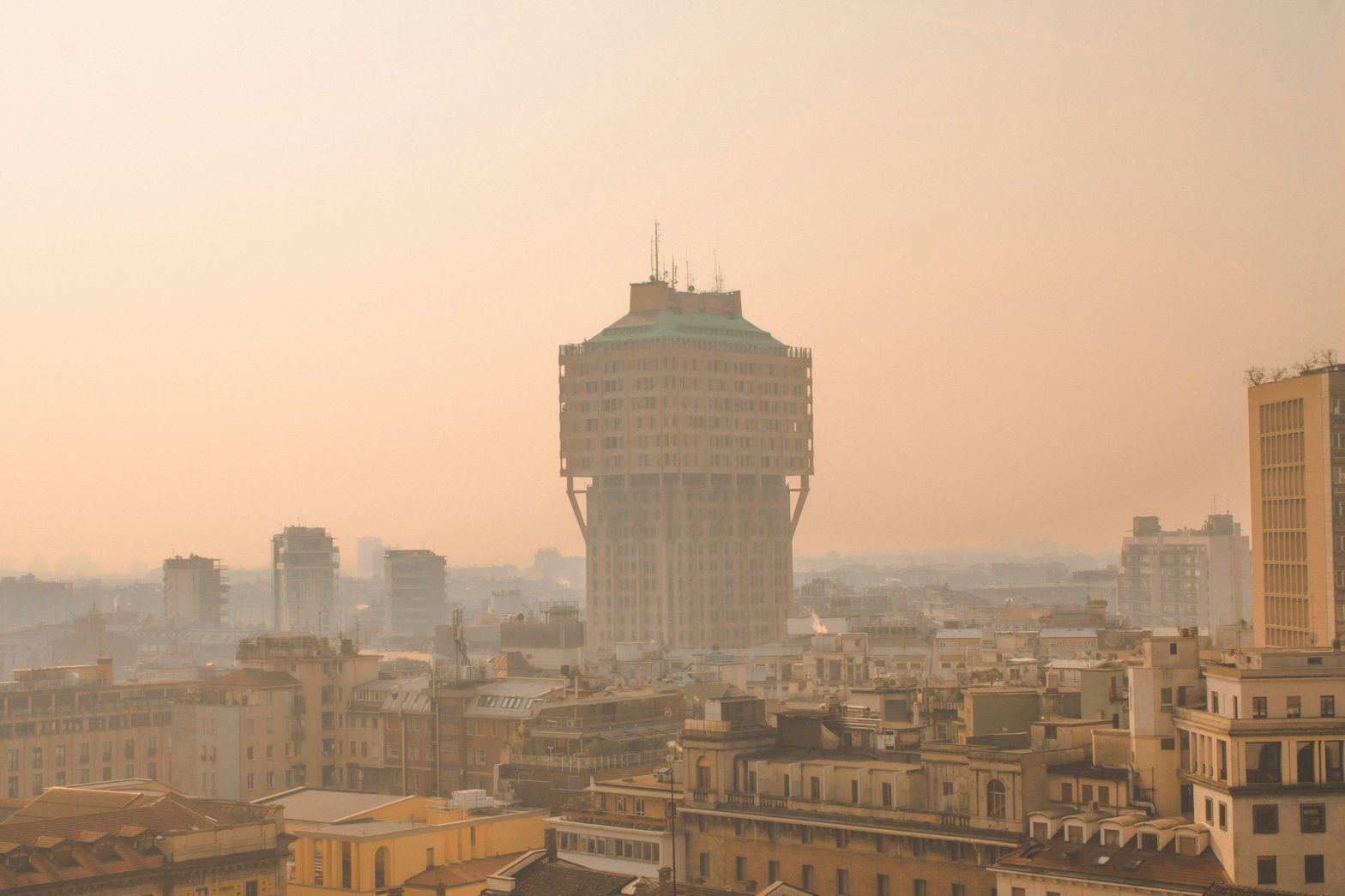
Photo: PP
Italian cities fighting an ‘unconventional war’
26 March 2020
by Christopher Carey
At the time of writing, Italy’s coronavirus (COVID-19) death toll stood at 8,215, with 80,589 confirmed cases.
In the midst of an unprecedented public health crisis, city officials and departments are having to adapt rapidly to new challenges and find innovative ways to keep people safe while running day-to-day business.
“In three days we moved 4,000 city staff from their desks to ‘smart working’,” Piero Pelizzaro, Milan’s chief resilience officer told Cities Today.
Smart working, or working from home, has quickly become the new normal for millions across the globe.
“Our mayor, the deputy mayors—all their meetings are now digital. Documents and decrees are being signed with e-signatures, and so far it’s all going well,” he added.
Milan’s approach to the crisis focuses on three areas: emergency management, community support for those in quarantine, and a taskforce for life after the pandemic.
Responsibility for medical provision has been assumed by Protezione Civile (Civil Protection), a national body that coordinates emergencies, as the procurement process for medical supplies has been abandoned.
The city is now practically deserted, with the vast majority of the population confined to their homes. Given this unprecedented situation, Pelizzaro emphasised the need to give citizens clear and concrete guidance when in quarantine and to keep other aspects of health–such as people’s mental well-being–in mind.
“The majority of the population here live in small apartments, often with small kids and no gardens or balconies,” he said. “We need to remember the scale of what we are asking people to do by staying inside. It’s important we keep our sense of community and support each other.”
An emergency mutual aid fund has been established to support freelance workers who are not covered by national income support. Over €3 million has been ring-fenced by the city so far, with the figure expected to increase with donations from the private sector.
“The private sector has always supported the community here,” said Pelizzaro. “They understand that if the population is healthy, people can come back to work and the economy can get back to normal as soon as possible.”

Rome
In Rome, it’s a similar story–a city on lockdown with empty streets and housebound citizens.
Like Milan, crucial government meetings and decisions that impact millions are being made via video link.
Over 6,000 municipal staff–including teachers–are now working remotely, and the city’s chief digital officer, Raffaele Gareri, has been tasked with coordinating the transition from workplace to home.
“In national emergencies such as this, local governments can simplify the procurement process for core services, which allows us to reduce the time and complexity involved,” Gareri told Cities Today.
He has used this simplified approach to acquire vital services like Virtual Private Networks (VPNs) and accompanying software for remote workers, but says the private sector has been generous in offering its services free of charge.
The city has also turned to tech to keep people off the streets during its lockdown, which started on 9 March.
Last week it launched a contest on social media platforms Instagram and TikTok, with young people encouraged to post videos of creative activities that can done from the home.
It has enlisted the help of a popular local social media influencer to promote the campaign and spread its message, with winning videos receiving prizes for cultural activities in the city.
“It was designed from scratch in the space of a few days, and just goes to show that in an emergency, cooperation and mutual support can have immediate results—what would usually take weeks to be formalised can be done in days.”
The project–a joint collaboration between Rome’s Department of Communication, Participation and Equal Opportunities, the Office for Behavioural Economics and a group of experts from leading European and American universities–is being viewed as something of a testing ground for future ways the city can interact with and influence the public.
Being on the frontlines of what Gareri has dubbed “an unconventional war”, Italian cities are rapidly learning new lessons.
“Digital leaders globally need to act fast,” he said. “Assess what resources they have and make decisions immediately—a lot can be done in a few days.”
“It’s also important to think about what’s coming next, when things gradually get back to normal we’ll need tools to safely monitor and manage the gradual flow of people back on the streets.”
*If you are a CIO, mobility head, or sustainable/resilience officer of a city and would like to contribute and share your experiences with your peers regarding the coronavirus pandemic, please email: editorial@cities-today.com to speak with one of the Cities Today team








